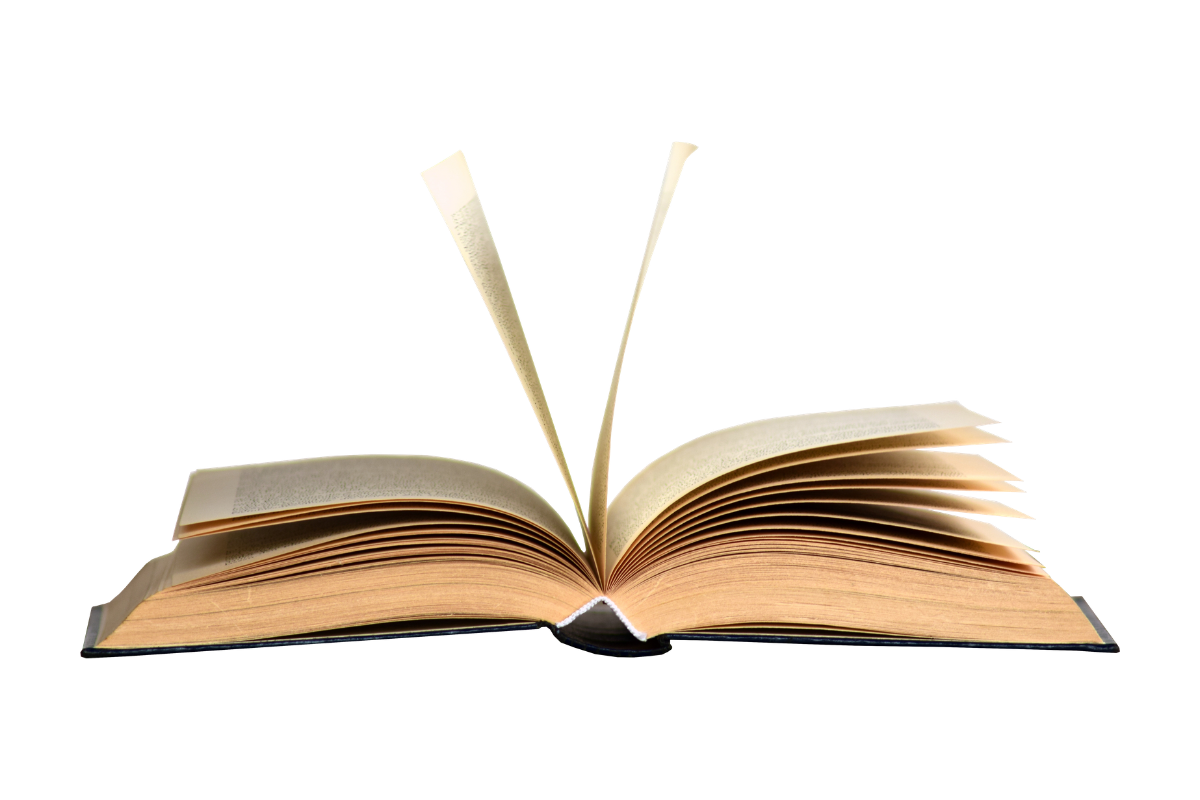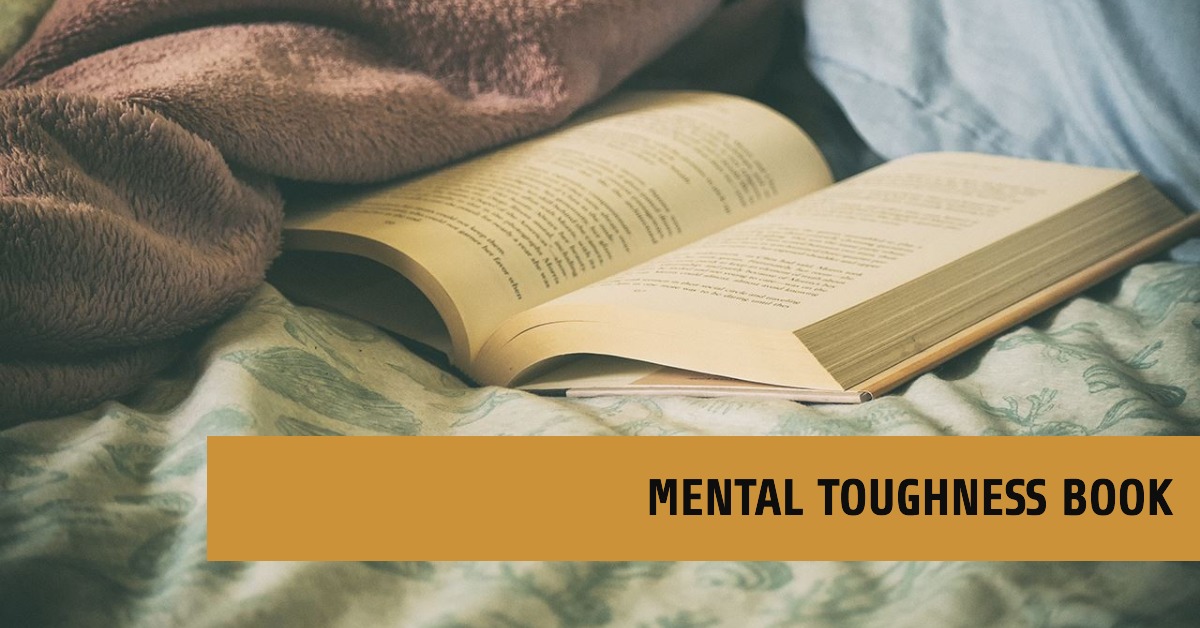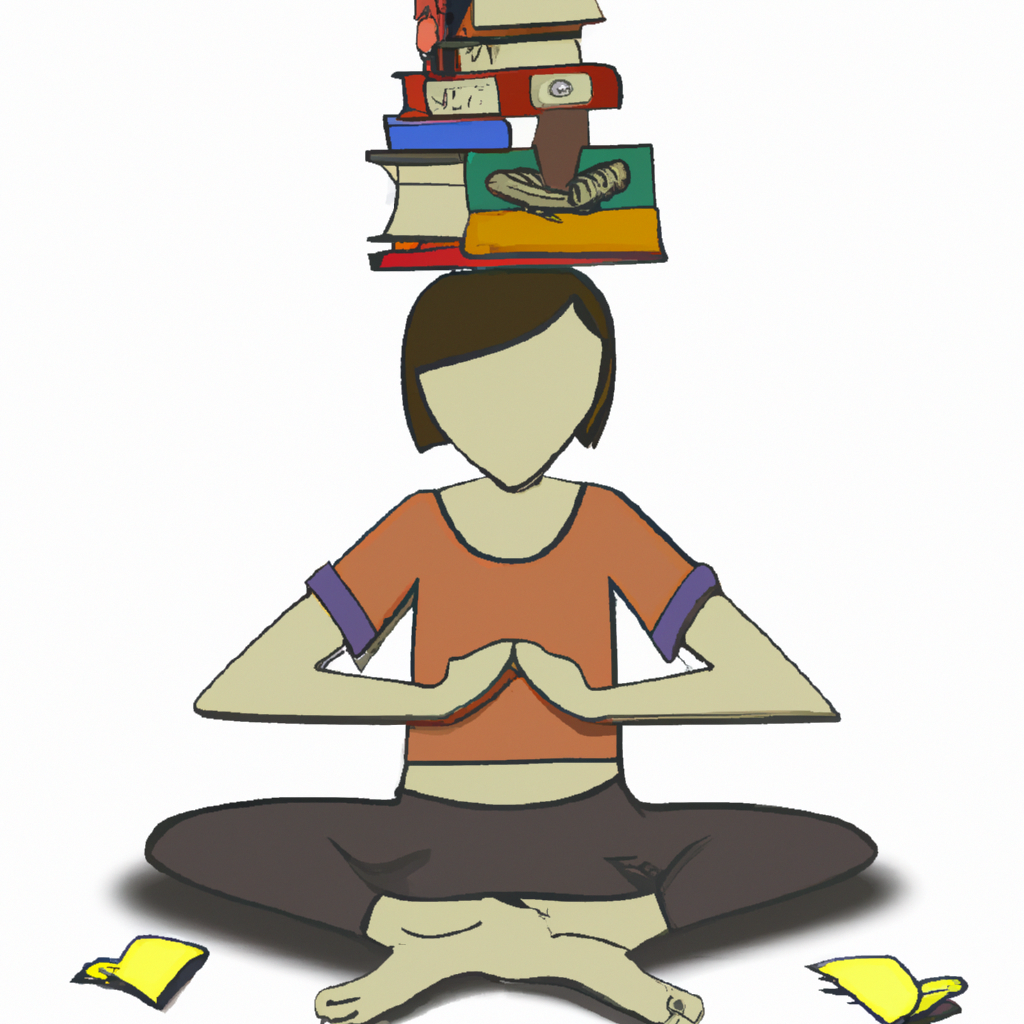
The Hidden Gems of Specific Biology Books: Lesser-Known Titles That Will Revolutionize Your Understanding of the Human Body
If you’re interested in biology and the human body, you might have already come across a lot of books on the topic. Some of them are popular and well-known, such as “Anatomy and Physiology” by Elaine Marieb or “The Immune System” by Peter Parham. However, there are plenty of lesser-known titles out there that can revolutionize your understanding of the human body. In this article, we’ll introduce you to some of these hidden gems and explain why they’re worth checking out.
The Biology of Belief by Bruce Lipton
“The Biology of Belief” by Bruce Lipton is a groundbreaking book that challenges the traditional view of biology. Lipton, a cell biologist, argues that genes don’t control our behavior or health as much as we think they do. Instead, he proposes that the environment and our beliefs shape our biology. In other words, our thoughts and emotions can influence our physical health and well-being. This book is a fascinating read that can change the way you think about the human body and its connection to the mind.
The Emperor’s New Drugs by Irving Kirsch
“The Emperor’s New Drugs” by Irving Kirsch is a critical analysis of the effectiveness of antidepressant medication. Kirsch, a psychologist, argues that antidepressants are not as effective as they’re made out to be and that the pharmaceutical industry has overstated their benefits. This book is eye-opening and thought-provoking, and it raises important questions about the way we treat mental illness.
The Telomere Effect by Elizabeth Blackburn and Elissa Epel
“The Telomere Effect” by Elizabeth Blackburn and Elissa Epel is a book about aging and the role of telomeres in the human body. Blackburn, a Nobel Prize-winning biologist, and Epel, a health psychologist, explain how telomeres, the protective caps at the end of our chromosomes, affect our health and longevity. They argue that lifestyle factors such as diet, exercise, and stress can impact our telomeres, and therefore our health and aging. This book is a must-read for anyone interested in the science of aging and how to promote healthy aging.
The Brain that Changes Itself by Norman Doidge
“The Brain that Changes Itself” by Norman Doidge is a book about neuroplasticity, the brain’s ability to change and adapt throughout our lives. Doidge, a psychiatrist, explains how the brain can rewire itself in response to new experiences and challenges. He also profiles individuals who have overcome neurological conditions such as stroke, autism, and learning disabilities through the power of neuroplasticity. This book is a fascinating exploration of the brain and its incredible ability to change and heal.
Gut: The Inside Story of Our Body’s Most Underrated Organ by Giulia Enders
“Gut” by Giulia Enders is a book about the digestive system and the role of the microbiome in our health and well-being. Enders, a microbiologist, explains how the gut works and how the bacteria that live in our digestive system can impact our overall health. She also explores the link between the gut and other medical conditions such as allergies, autoimmune diseases, and mental health disorders. This book is an informative and engaging read that will make you appreciate the complexity and importance of the gut.
The Hidden Half of Nature by David R. Montgomery and Anne Biklé
“The Hidden Half of Nature” by David R. Montgomery and Anne Biklé is a book about the soil and its connection to human health. Montgomery, a geologist, and Biklé, a biologist, argue that healthy soil is essential for healthy plants, animals, and humans. They explain how the microbiome of the soil affects the microbiome of our bodies and how the depletion of soil health can lead to a range of health problems. This book is a fascinating exploration of the intricate connections between the natural world and human health.
The Story of the Human Body by Daniel Lieberman
“The Story of the Human Body” by Daniel Lieberman is a book about the evolution of the human body and how it has adapted to our modern way of life. Lieberman, a biological anthropologist, argues that many of the health problems we face today, such as obesity, diabetes, and heart disease, are a result of our bodies being poorly adapted to our sedentary, high-calorie diet. He also explains how understanding our evolutionary past can help us address these health problems and live healthier lives. This book is a fascinating and informative read that will make you appreciate the complexity and adaptability of the human body.
Conclusion
In conclusion, there are plenty of lesser-known biology books out there that can revolutionize your understanding of the human body. From the role of beliefs in biology to the importance of healthy soil, these books offer fresh and thought-provoking perspectives on the science of life. If you’re interested in expanding your knowledge of biology and the human body, we highly recommend checking out these hidden gems.



